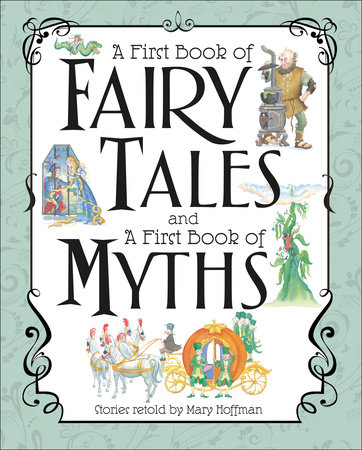A constellation of stories

Some years ago now I was leading a writing and healing group for recovering cancer patients. I asked them to picture what they saw in their minds when they heard the word healing. Healing is . . . what?
“Healing is movement,” one woman said.
“What do you see when you hear the word movement?” I asked her. “What do you see inside your head?”
“I’m mulching,” she said. “I’m working in the garden, raking. I’m thinking about this T-shirt I have that says, ‘I’m not getting older, I just need repotting.’”
I can relate. (Who of us wouldn’t love some days to simply be repotted?)
“Healing is the apex,” another woman added. “Healing is eureka. I see myself throwing my hands up in the air. After I’ve gotten good news on the telephone. The doctor called. I was so afraid it was going to be bad news, but then it was good news.”
Healing is mulching. Raking. Repotting. Healing is the apex. Healing is eureka—that longed-for good news on the telephone.
“Healing,” N said, “is a taskmaster.”
There was a pause after she spoke. I could feel a slight shift in the room.
“Would you mind terribly?” I asked, “If I were to ask you what you see in your head when you hear the word taskmaster?”
She answered immediately. “Ichabod Crane.”
It was such a strong and vivid response. I could see the image clearly. That stooped and bony man from a book of childhood tales. The long nose. Those pointed shoes. Ichabod Crane is the schoolmaster in Washington Irving’s “The Legend of Sleepy Hollow.” He teaches in a one-room schoolhouse. When students don’t study properly he strikes them with a birch rod, the rod landing with a sharp thwack on their shoulders.
Is healing really like that? Is it like that sometimes? Is it like that for some people? And if healing is Ichabod Crane, what might illness and trouble be? The student? The hard lesson? The inkwell? The wooden desk? The bony horse? The stormy night? The sleepy hollow?
“Illness,” S says, “is a jagged torn place.”
It’s another strong metaphor, and one that seems to open a door to a whole host of others.
“Cancer is a grass-covered black pit,” someone says.
“Cancer is a dragon,” someone adds.
R pulls the images together. “Cancer is a dragon at the bottom of a grass-covered black pit.”
It’s the beginning of another full and possible story. A hero or heroine has fallen into a pit and now she’s down there with the dragon, has looked perhaps into his yellow eye. And now what?
So many possible stories.
What if healing were, at least in part, a constellation of such stories? And what if some portion of the work of writing and healing was simply to consider this? To consider that healing might be less like fixing a car or a machine and more like (or at least also like) discovering and crafting a story?
What if story could be a way to come to know something that we need to know?
What if?
________________________________________________
Picture is from Penguin Random House
